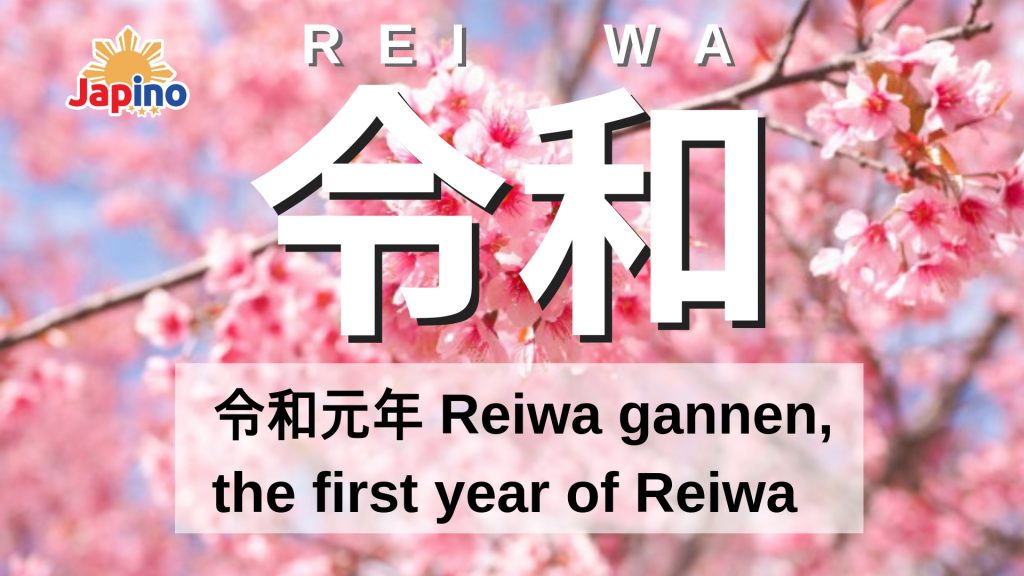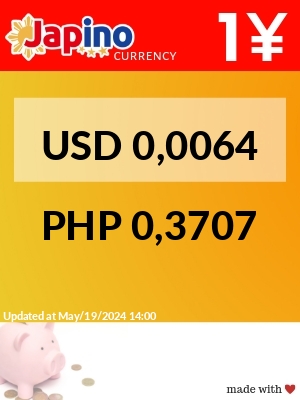
Emperor declares abdication; thanks people for support
TOKYO
Emperor Akihito declared his abdication at a ceremony Tuesday, expressing his appreciation for the support of the Japanese people during his 30-year reign.
“I have performed my duties as the emperor with a deep sense of trust in and respect for the people, and I consider myself most fortunate to have been able to do so,” the 85-year-old emperor, who will become the first Japanese monarch to abdicate in 202 years, said in his final speech at the Imperial Palace.
The emperor also expressed his gratitude to the people who accepted and supported him in his role as the “symbol of the state” as defined by the Constitution.
“I sincerely wish, together with the empress, that the Reiwa era, which begins tomorrow, will be a stable and fruitful one, and I pray, with all my heart, for peace and happiness for all the people in Japan and around the world,” he also said.
The emperor made the remarks after Prime Minister Shinzo Abe expressed his appreciation to him for “always sharing joy and sorrow with the people,” at the event attended by around 300 guests, including imperial family members, cabinet ministers, the leaders of both Diet chambers and Supreme Court justices.
He will formally step down at midnight Tuesday and no longer engage in official duties. His elder son, Crown Prince Naruhito, 59, will accede to the throne the following day.
On Tuesday morning, the emperor performed his last rituals within the palace to ceremonially report his abdication to his ancestors.
Clad in a dark orange robe, the emperor paid a visit to sanctuaries within the palace precincts, including Kashikodokoro, a shrine dedicated to the Shinto sun goddess Amaterasu, from whom the imperial family is said to be descended.
When performing important rituals, a Japanese emperor dons a costume called Korozen no goho that dates back to the ninth century.
Braving the rain, a number of well-wishers gathered in front of the palace to mark the last day of Heisei, taking commemorative photos and hoping for a glimpse of members of the imperial family entering the palace for the rituals.
On Wednesday, the new emperor will inherit traditional regalia, called Sanshu no Jingi, including the sacred sword and jewel, as proof of his ascension to the Chrysanthemum Throne in the Kenji to Shokei no gi ceremony from 10:30 a.m.
Later in the day, the new emperor will meet Abe and other representatives of the public for the first time since ascending the throne in the Sokui go Choken no gi rite beginning at 11:10 a.m.

In 2016, Emperor Akihito indicated his desire to step down in a rare televised video message, citing concern he might not be able to fulfill official duties due to his advanced age. The following year, the Diet enacted one-off legislation enabling him to do so.
In modern Japan, an era name, or gengo, is used for the length of an emperor’s reign. The new era name, Reiwa, which the government translates as “beautiful harmony,” will be the 248th.
The Heisei era, meaning “achieving peace,” commenced on Jan 8, 1989, the day after Emperor Hirohito, posthumously known as Emperor Showa, died.
It was a period of peace with the country not involved in any wars, but it also saw decades of economic stagnation and numerous devastating natural disasters, including the massive 2011 earthquake and ensuing tsunami in northeastern Japan that triggered the Fukushima Daiichi nuclear crisis.
While on the throne, the emperor often traveled with the empress to areas hit by calamities. The couple also traveled to sites linked to World War II at home and abroad to pay tribute to those who lost their lives during the war, which Japan fought in the name of his father.
Text of emperor’s remarks
The following is the full text of Emperor Akihito’s last remarks delivered in a ceremony to mark his abdication on Tuesday.
“Today, I am concluding my duties as the emperor.
I would like to offer my deep gratitude to the words just spoken by Prime Minister Shinzo Abe on behalf of the people of Japan.
Since ascending the throne 30 years ago, I have performed my duties as the emperor with a deep sense of trust in and respect for the people, and I consider myself most fortunate to have been able to do so. I sincerely thank the people who accepted and supported me in my role as the symbol of the state.
I sincerely wish, together with the empress, that the Reiwa era, which begins tomorrow, will be a stable and fruitful one, and I pray, with all my heart, for peace and happiness for all the people in Japan and around the world.”
Asian leaders thank emperor
Asian leaders have offered thanks to Emperor Akihito on the occasion of his abdication, with South Korean President Moon Jae In expressing his appreciation to the 85-year-old for helping develop ties between the two countries.
China, which the emperor visited in 1992, has also expressed appreciation for his achievements, saying the emperor has contributed to improving ties between China and Japan, which have been marked by bitter memories of war.
In a letter sent to the retiring 85-year-old emperor, Moon says the emperor emphasized the need to ensure peace during his three-decade reign and expresses hope that he will work toward developing South Korea-Japan ties even after his abdication, a South Korean Foreign Ministry spokesman said Tuesday.
Singapore Prime Minister Lee Hsien Loong, in a letter dated the same day, congratulated the emperor for his “wise reign” and extended his best wishes.
Noting that Japan dealt with “novel economic situations” and adapted to a “changing strategic and security environment,” Lee said, “Your Majesty’s compassion, devotion to your people and unwavering commitment to peace inspired and guided the Japanese nation in responding to these challenges.”
The Heisei Era, which marks the period of the outgoing emperor’s reign from 1989 to 2019, “will be remembered as an era of peace and stability for Japan,” he also said.
The Singaporean leader said he warmly recalls interacting with the emperor and Empress Michiko during their visit to the city state in 2006 and his visits to Tokyo in 2007 and 2016.
“We wish Your Majesties continued good health, happiness and a well-deserved rest,” he added in the letter, released by the Foreign Ministry.
Also Tuesday, the Philippines issued a statement thanking the emperor for his service and wishing him good health. “The Department of Foreign Affairs extends the Philippines’ deepest gratitude to His Majesty for his invaluable role in advocating peace during his 30-year reign and fostering goodwill and friendship between the Philippines and Japan,” the statement said.
In China, Foreign Ministry spokesman Geng Shuang told reporters on Monday that the emperor “has made positive contributions to China-Japan relations,” according to the ministry’s website.
Geng noted that the emperor met with Chinese party and state leaders on many occasions. “The China-Japan relations have come back to the right track and taken on the positive momentum of development,” the spokesman added.
Source: KYODO & ANN News









